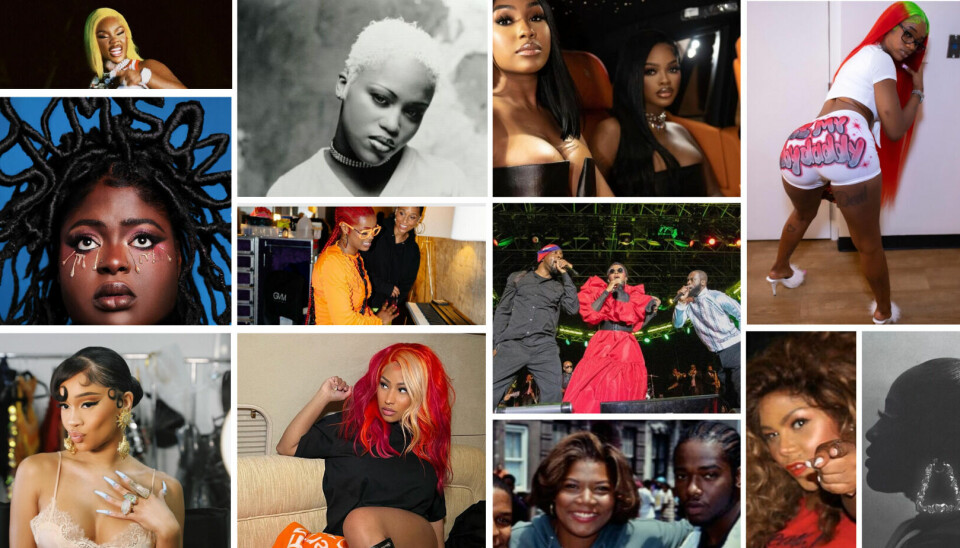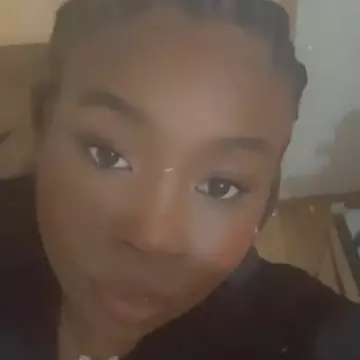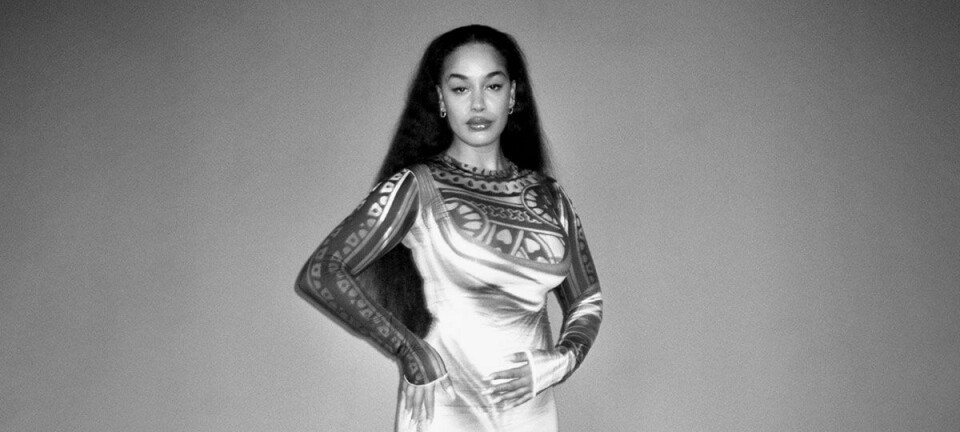LIFESTYLE
Celebrating 50 Years of Women in Hip-Hop: Their Impact and Influence

From the iconic trio Salt-N-Pepa to Megan Thee Stallion, women are challenging stereotypes and redefining the genre
In the world of hip-hop, where lyricism and beats collide to tell stories of life, struggle, and aspiration, a powerful transformation is taking place. As the wonderful, world of hip-hop turns fifty today, we want to highlight the impact of women in the landscape. Women are emerging as formidable forces, reshaping what is typically known as a traditionally male-dominated genre. With their lyrical prowess, unique perspectives, and unapologetic confidence, women in hip-hop are challenging stereotypes, smashing barriers, and setting new standards for creative expression.
It started way back in the nineties when there was a ground-breaking era in hip-hop, where women stormed the male-dominated genre with fearless rhymes and unapologetic personas. 90s female rappers defied stereotypes, using their music as a platform for self-expression, empowerment, and social commentary. The charge was led by the iconic trio Salt-N-Pepa, whose hits like "Shoop" and "Whatta Man" not only topped charts but also challenged conventional gender roles. Queen Latifah's regal presence brought forth messages of unity and pride in tracks like "U.N.I.T.Y.," addressing issues of misogyny and empowerment head-on.
Lil' Kim's unapologetic sexuality and lyricism shattered taboos, while Missy Elliott's futuristic sound and visuals pushed boundaries. The socially conscious lyrics of Lauryn Hill in The Fugees' "Fu-Gee-La" resonated deeply. The 90s also saw the rise of notable talents like MC Lyte, Foxy Brown, and Da Brat, who each left an indelible mark. These trailblazing artists not only elevated women's voices in hip-hop but also paved the way for future generations, proving that the microphone is a powerful tool for challenging norms and sparking change.
Historically, hip-hop has often been criticised for its portrayal of women, relegating them to stereotypical roles. The way women are degraded in hip-hop has been an issue that has been happening for years. However, the tides are turning as female artists embrace their power, using their voices to address issues ranging from gender equality and empowerment to social justice and identity. Artists like Rapsody, Noname, and Megan Thee Stallion began crafting intricate narratives that reflect their experiences, often showcasing vulnerability without compromising their strength. A special highlight on Megan Thee Stallion’s album “Traumazine” took a deeper look at how she went through the scrutiny she faced after being shot by Tory Lanez. In an industry where authenticity is paramount, these women are drawing from personal stories, offering listeners a glimpse into their lives. Ppcocoaine’s inclusivity of sexuality, the City Girls taking the power back in sex and independence and Ice Spice's unfiltered girl-boss anthems of success and power demonstrate how authenticity can resonate with audiences, fostering connections that transcend traditional music boundaries. Their willingness to share struggles, triumphs, and moments of growth encourages fans to embrace their uniqueness.
Additionally, women are breaking ground as producers, DJs, and behind-the-scenes influencers, underscoring their multifaceted contributions to hip-hop's evolution. Producers like WondaGurl are creating classic hit records like “Antidote” by Travis Scott. Innovative artists like Tierra Whack are pushing boundaries not only with their music but also with their visual storytelling, leveraging platforms with music videos to expand their narratives. The impact of women in hip-hop extends beyond the music itself. Their influence is seen in fashion, with artists like Missy Elliot, Nicki Minaj, and Azealia Banks redefining style norms and embracing their distinct aesthetics. Azealia mixed the visuals of dance, EDM and hip-hop to make a new genre of rap. Nicki Minaj set a whole pretence for rap in the twenty-tens setting up the new wave of female rappers that we see now. Moreover, women are advocating for change, prompting conversations about sexism, inequality, and representation within the industry. However, challenges persist. Despite the strides made, women in hip-hop still face double standards and misogynistic attitudes. The disparity in airplay, media coverage, and award recognition between male and female artists remains a concern that needs to be addressed.
The presence of women in hip-hop is no longer a novelty but a powerful movement driving change. Through their music, creativity, and determination, women are defying conventions and shaping the genre's future. As audiences increasingly demand diverse and authentic narratives, the influence of these women will continue to grow, inspiring generations to come and cementing their place in the ever-evolving world of hip-hop.


